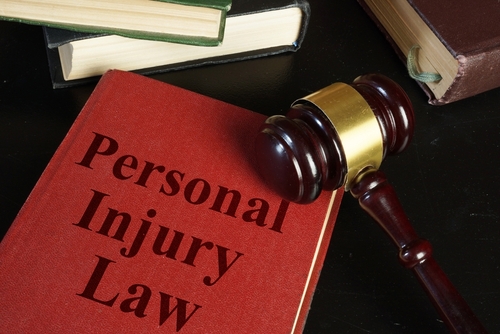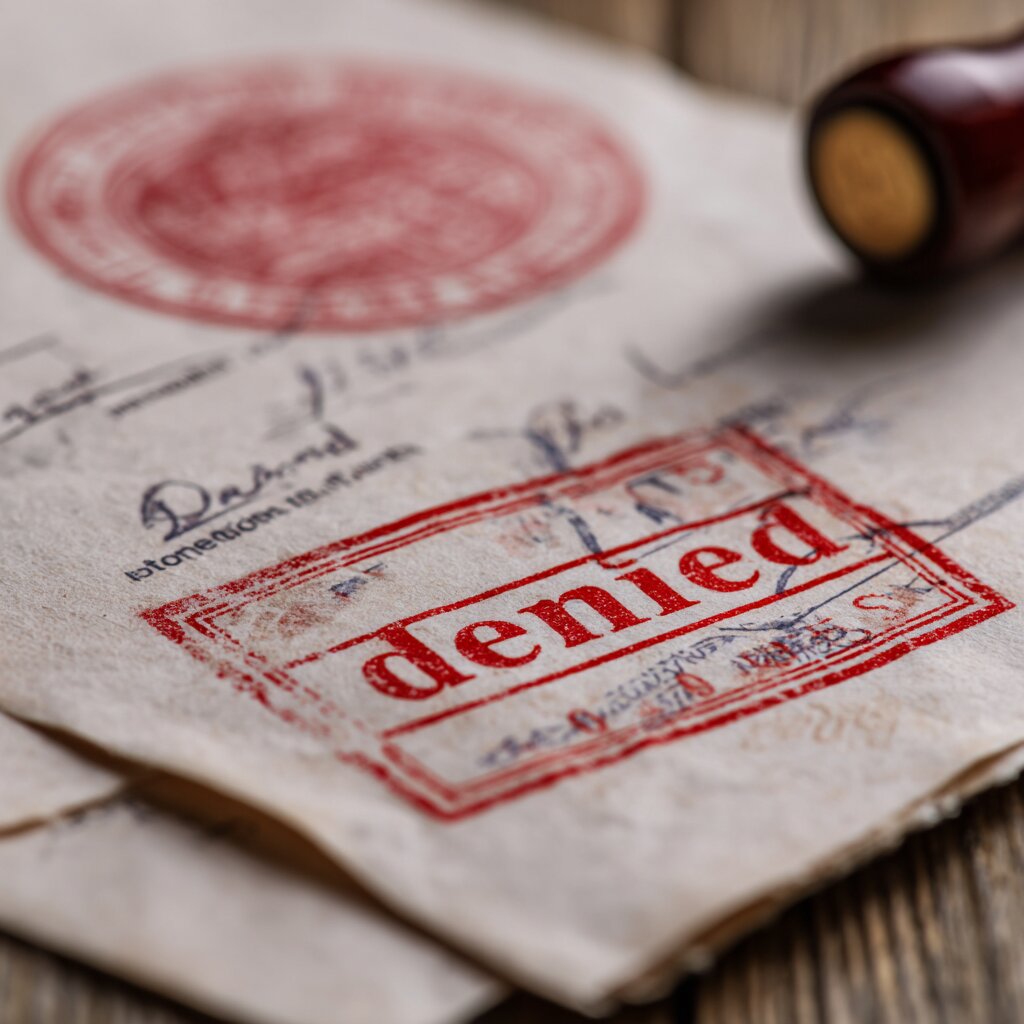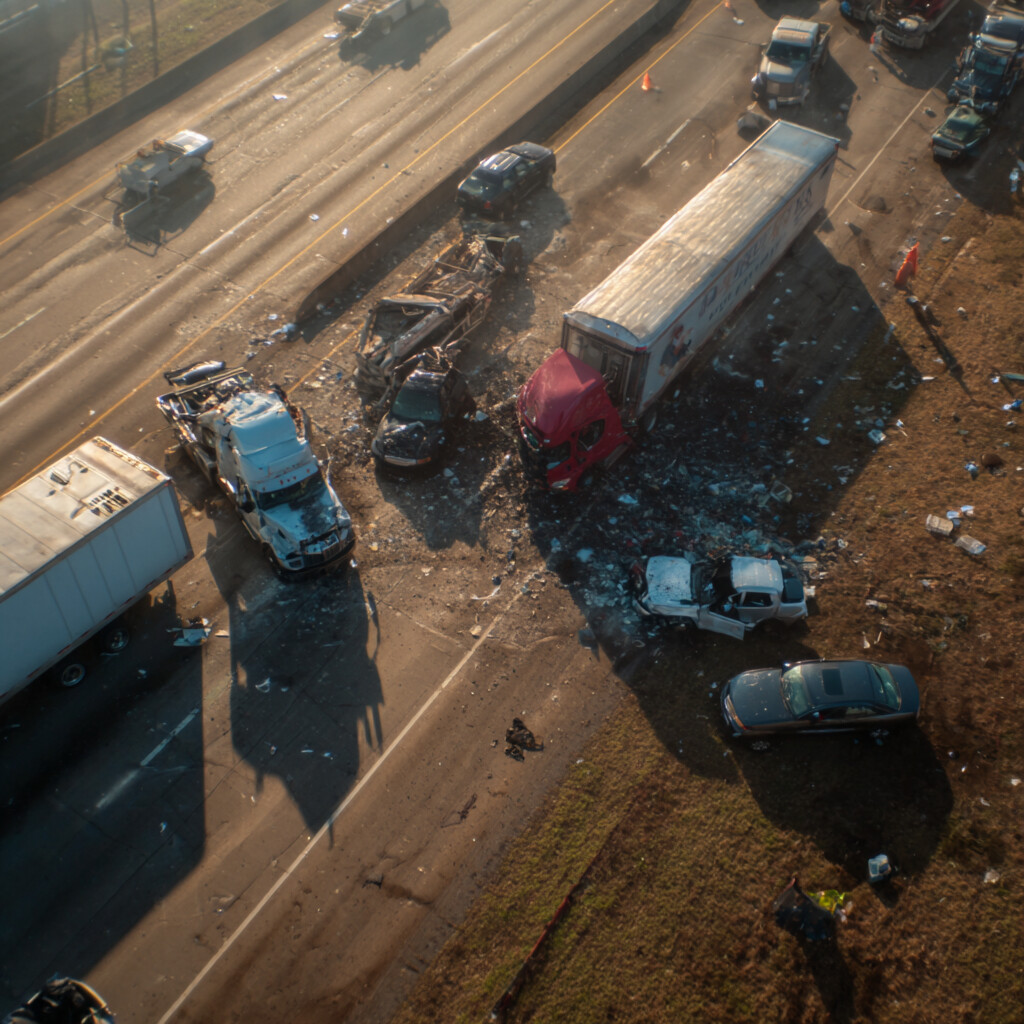Mississippi’s Pure Comparative Fault Laws
Mississippi’s comparative fault law allows you to recover compensation even if you partially caused your accident. Under Mississippi Code Ann. § 11-7-15, the state follows “pure comparative negligence,” which means your damages get reduced by your percentage of fault, but you never lose your right to compensation entirely.
For example, if you’re 30% at fault for a car crash with $100,000 in damages, you can still recover $70,000 from the other driver.
This legal principle affects nearly every personal injury case in Mississippi, from car accidents and truck crashes to slip and fall incidents. Insurance companies use comparative fault as their primary tool to reduce what they pay you, often assigning you a higher fault percentage than you deserve.
Understanding how fault percentages work, what evidence matters, and how to protect your claim can make the difference between a fair settlement and getting shortchanged.
How Does Pure Comparative Negligence Affect Compensation?
Your final settlement depends on two things: your total damages and your percentage of fault. We first calculate everything you’ve lost from the accident, then reduce that amount by your share of blame.
Mississippi’s pure comparative negligence means there’s no cutoff point where you lose everything. Even at 99% fault, you can still recover 1% of your damages.
Let’s look at a real example. You’re in a car wreck with $50,000 in total damages:
| Your Fault % | Their Fault % | You Receive |
| 0% | 100% | $50,000 |
| 25% | 75% | $37,500 |
| 50% | 50% | $25,000 |
| 75% | 25% | $12,500 |
The insurance company will try to assign you a higher fault percentage to pay less money. That’s why having strong evidence matters so much in these cases.
How Do Courts Determine Fault Percentages?
Fault gets decided in two places: during insurance negotiations and at trial if your case goes that far. Insurance adjusters make the first call, but juries or judges have the final say if you can’t reach an agreement.
They look at three main things when assigning fault. First, did someone have a legal duty, like following traffic laws? Second, did they break that duty by speeding or running a red light? Third, did breaking that duty cause your injuries?
In complex accidents, multiple people can share fault. A jury might apportion fault among the drivers, assigning most blame to one driver, some to another, and only a small share to you.
What Evidence Proves Or Reduces Fault?
The evidence in your case directly affects your fault percentage. Strong evidence can shift blame away from you and onto other parties.
Key pieces of evidence include:
- Police reports: Officers document their initial findings about who caused the accident
- Photos and videos: Visual proof of vehicle damage, skid marks, road conditions, and your injuries
- Witness statements: Independent people who saw what happened can back up your version of events
- Vehicle data: Black boxes and electronic logging devices show exact speeds, braking patterns, and steering inputs
- Expert reconstruction: Specialists use physics and engineering to recreate how the accident happened
We send spoliation letters right away to preserve this evidence. These legal notices require the other party to save important proof like surveillance footage or vehicle data that might otherwise get destroyed.
Who Decides Fault And How?
Different people make fault decisions at each stage of your case. The other driver’s insurance adjuster reviews the evidence first and makes an initial determination about fault percentages.
When you hire Maloney-Lyons Personal Injury & Car Accident Lawyers, our Biloxi personal injury attorneys present our own evidence to challenge their assessment. We negotiate based on the real facts, not their biased interpretation. When insurance companies refuse fair offers, a jury weighs all the evidence and assigns specific fault percentages to each party involved.
Judges can also decide fault in bench trials, but most personal injury cases go to juries who tend to be more sympathetic to injury victims.
What Are Common Shared-Fault Scenarios?
Mississippi’s comparative fault rules show up in almost every type of accident case. You’ll see shared fault most often in these situations.
Rear-End And Sudden Stop Collisions
The driver who hits someone from behind usually gets most of the blame in Mississippi auto accident cases, though proving fault in a car accident requires examining all available evidence. But the front driver can share fault for sudden stops without reason, broken brake lights, or cutting someone off in traffic.
Even if you were rear-ended, you could still be assigned a portion of the fault if you braked suddenly for no good reason or your brake lights weren’t working.
Intersection And Left-Turn Crashes
These accidents almost always involve shared fault. One driver might run a red light and be primarily responsible, but the other driver could share blame for speeding through the intersection or not paying attention.
Mississippi car accident claims at intersections require careful investigation of traffic signals, sight lines, and each driver’s actions before the crash.
Multi-Vehicle Pileups
Chain-reaction crashes with three or more vehicles create complex fault scenarios. Investigators examine following distances, speeds, weather conditions, and each driver’s reaction time.
In a multi-vehicle pileup, fault is often apportioned among drivers — for example, one driver may be blamed for stopping suddenly, another for following too closely, and another for failing to brake in time.
Premises Liability And Slip And Fall Cases
Property owners can be at fault for dangerous conditions, but injured people sometimes share blame too, which is why consulting our experienced premises liability lawyers can help clarify liability issues. You might be found partially at fault for texting while walking, ignoring warning signs, or wearing inappropriate shoes.
A store might be 80% at fault for failing to clean up a spill, while you might be 20% at fault for not watching where you were going.
How Do Insurance Companies Use Comparative Fault?
Insurance companies are businesses focused on profits, not helping injury victims. They use comparative fault as their main tool to reduce what they pay you.
Their adjusters get trained to find any detail that shifts blame onto you. They know that increasing your fault percentage by even 10% can save them thousands of dollars.
Tactics That Shift Blame
Insurance companies use predictable tactics to pin more fault on you:
- Recorded statements: They ask leading questions to get you to say something that sounds like admitting fault
- Selective evidence: They focus only on facts that make you look bad while ignoring evidence that proves their driver was wrong
- Quick settlements: They offer low amounts before you understand your injuries or legal rights
- Social media monitoring: They search your profiles for photos or posts that contradict your injury claims
Never trust that an insurance adjuster has your best interests in mind. They work for the company that’s trying to pay you as little as possible.
How To Protect Your Claim
You can take specific steps right after an accident to protect yourself from unfair blame:
- Never give recorded statements to any insurance company without talking to a lawyer first
- Document everything with photos of vehicles, the scene, and your injuries
- Get medical attention even if you feel fine initially – adrenaline can mask serious injuries
- Stay off social media or at least don’t post anything about the accident or your activities
- Call a Mississippi accident lawyer before accepting any settlement offer
The insurance company will try to get you to make these mistakes while you’re still shaken up from the accident. Don’t let them take advantage of you.
How Are Damages Calculated With Shared Fault?
Calculating your Mississippi accident compensation happens in two clear steps. First, we determine the total value of all your losses from the accident. Second, we reduce that total by your percentage of fault.
This two-step process applies whether your case settles out of court or goes to trial.
Economic And Non-Economic Damages
Your total damages include two types of losses that get calculated differently:
- Economic damages: Your actual financial losses like medical bills, lost wages, property damage, and future medical care
- Non-economic damages: Intangible losses like physical pain, emotional distress, and loss of enjoyment of life
Economic damages are easier to calculate because you have bills and pay stubs to prove them. Non-economic damages require more skill to value properly based on the severity of your injuries and how they affect your daily life.
Sample Calculations
Here’s how the math works in a real case. You’re injured in a truck accident and may face significant medical expenses, lost wages, and non-economic damages such as pain and suffering. Your total damages equal $150,000.
If a jury finds you were partially at fault for speeding, your recovery will be reduced according to your percentage of fault. You receive a reduced settlement or verdict instead of the full amount of your claimed damages.
This calculation happens the same way whether you settle with insurance or win at trial. The only difference is who decides your fault percentage.
What Deadlines And Exceptions Apply In Mississippi?
Mississippi gives you a limited time to file a lawsuit after an accident. This deadline is called the statute of limitations, and missing it means you lose your right to compensation forever.
The clock starts ticking on the date of your accident, not when you discover your injuries or figure out who was at fault.
Three-Year Statute Of Limitations
Mississippi Code Ann. § 15-1-49 gives you three years from your accident date to file a personal injury lawsuit. This applies to car accidents, truck crashes, slip and falls, and most other injury cases.
Three years might seem like plenty of time, but it goes by faster than you think when you need to file a personal injury claim. Evidence disappears, witnesses move away or forget what happened, and building a strong case becomes much harder as time passes.
Special Rules For Minors And Government Claims
Some situations have different deadlines that can work for or against you. If you were under 18 when the accident occurred, different filing deadlines may apply—consult an attorney to determine the correct deadline for your case.
Claims against government entities like cities, counties, or state agencies have much shorter deadlines. You must file a formal Notice of Claim within one year of the accident. Missing this deadline bars your case completely, even if you’re still within the three-year statute of limitations.
These special rules make it critical to talk with an attorney from Maloney-Lyons Personal Injury & Car Accident Lawyers right away if a government vehicle was involved in your accident.
What Steps Should You Take After An Accident?
What you do in the hours and days after an accident can make or break your Mississippi personal injury claim. Follow these steps to protect your health and legal rights.
Medical Care And Documentation
Your health comes first, but getting medical attention also creates crucial legal documentation. See a doctor or go to the emergency room right away, even if you feel fine.
Adrenaline can mask serious injuries for hours or even days after an accident. Getting checked out immediately creates an official medical record linking your injuries to the crash.
Evidence To Gather And Preserve
If you’re physically able, collect evidence at the accident scene:
- Photos of all vehicles, the accident location, traffic signs, and your visible injuries
- Names and phone numbers of witnesses who saw what happened
- Your own written account of the accident while your memory is fresh
- The other driver’s insurance information and license plate number
Keep all medical records, bills, and receipts related to your treatment. These documents prove your economic damages later.
What To Avoid Saying To Insurers
Insurance adjusters will contact you quickly after an accident. Stick to basic facts about what happened and avoid these common mistakes:
- Don’t apologize – saying “I’m sorry” can be twisted into admitting fault
- Don’t speculate about what the other driver was thinking or doing
- Don’t downplay injuries by saying you’re “fine” or “okay”
- Don’t guess about speeds, distances, or timing if you’re not sure
Tell them you’re still receiving medical treatment and will provide more information through your attorney. This protects you from saying something that hurts your case.
Experienced Mississippi Personal Injury Lawyers
Mississippi’s comparative fault laws can be complicated, especially when insurance companies actively try to blame you for accidents you didn’t cause, which is why experienced attorneys can make a significant difference in your case outcome. At Maloney-Lyons Personal Injury & Car Accident Lawyers, you work directly with experienced attorneys from start to finish, not case managers or paralegals.
We know exactly how insurance companies manipulate fault percentages to reduce payouts. Our thorough investigations and aggressive negotiations have helped countless clients get fair compensation despite shared fault situations.
With offices in Biloxi and Mobile, we serve accident victims throughout Mississippi, Alabama, Florida, and Georgia. We handle everything from car accidents and truck crashes to slip and falls and workplace injuries. You focus on getting better while we fight for the compensation you deserve.
If you have questions about comparative fault in Mississippi accident cases, contact us today for a free consultation. We’ll review your case, explain your rights, and help you understand what your claim is really worth.
Mississippi Comparative Fault FAQs
Can I Still Recover Money If I Was Mostly At Fault For My Mississippi Accident?
Yes, Mississippi’s pure comparative negligence law lets you recover damages even if you were 90% or 99% at fault, though your compensation gets reduced by your fault percentage.
Does Not Wearing A Seatbelt Affect My Compensation In Mississippi Car Accidents?
Not wearing a seatbelt can be used to argue you made your injuries worse, which may reduce your final compensation even if you didn’t cause the actual crash.
How Does Comparative Fault Apply To Passengers Injured In Mississippi Car Accidents?
Passengers can sometimes be found partially at fault for distracting the driver, grabbing the steering wheel, or encouraging dangerous driving behavior.
What Happens If A Government Vehicle Shares Fault In My Mississippi Accident?
You can still file a claim against government entities, but you must provide formal notice within one year of the accident instead of the usual three-year deadline.
Will Giving A Recorded Statement To Insurance Hurt My Mississippi Accident Case?
Recorded statements almost always hurt your case because adjusters ask leading questions designed to get you to accept more blame for the accident.
How Long Do Mississippi Accident Cases With Shared Fault Take To Resolve?
Shared-fault cases often settle within several months, while more complex matters involving serious injuries or contested fault can take substantially longer to resolve.
Are Children Held To The Same Fault Standards As Adults In Mississippi Accidents?
No, Mississippi law holds children to age-appropriate standards of care rather than expecting them to act like reasonable adults in dangerous situations.





